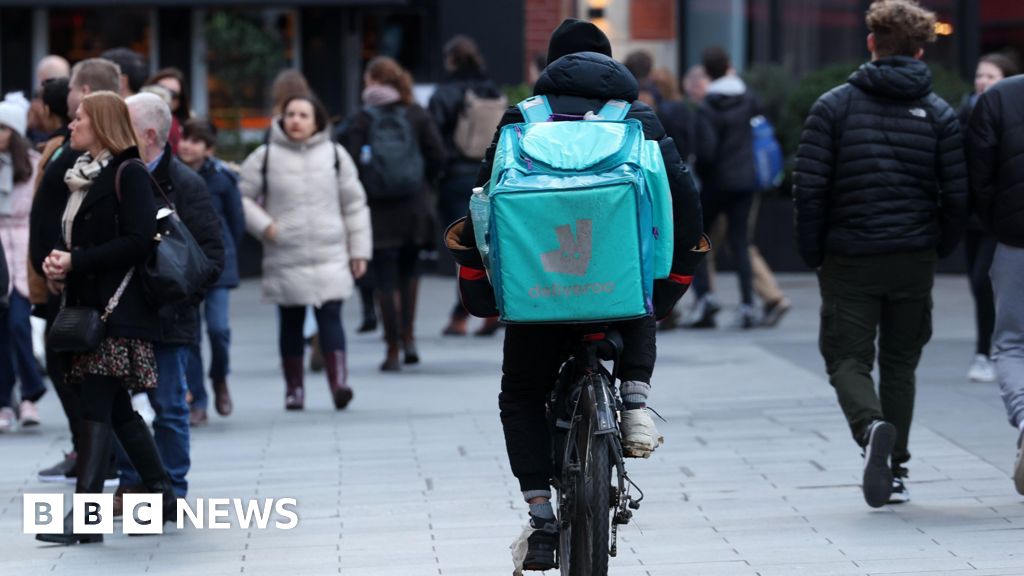Skift Take
Iberostar’s warning that climate change is a the top risk to the tourism sector reflects a growing concerns that beachfront hotels may face mounting physical threats and financial exposure in the future.
The Spanish international hotel group Iberostar has said that climate change is the number one risk to its business and is calling for greater investment in the tourism sector to counter the impact.
Iberostar, with more than 100 hotels in 15 countries, says it is intensifying efforts to protect its properties, especially in vulnerable coastal areas like the Caribbean.
“For us, climate is our number 1 risk,” said Gloria Fluxà Thienemann, Vice-Chairman and Chief Sustainability Officer at Iberostar Group, speaking Wednesday at London Climate Week. "We operate more than 80% of our portfolio in exposed areas like beach front regions. And we are not alone – this is a problem for the whole tourism sector.”
Mangroves, Corals and Sand DunesThienemann also outlined some of the actions Iberostar is taking.
Mangroves: Iberostar is using maKey Points
- Iberostar identifies climate change as its number one business risk and is urging greater sector-wide investment in adaptation.
- The company is implementing nature-based solutions like mangrove planting, coral restoration, and sand dune regeneration to protect coastal properties.
- Insurance and finance leaders emphasize the need for new risk models and better capital flows to support climate adaptation in tourism.
Summary
Iberostar, a global hotel group, has declared climate change as its top risk and is intensifying adaptation efforts such as mangrove planting, coral restoration, and sand dune regeneration to protect vulnerable properties. At London Climate Week, company leaders called for greater investment and collaboration from the tourism, banking, and insurance sectors to address increasing climate-related threats. Experts highlighted the need for new risk models and mechanisms to unlock private capital for large-scale climate adaptation projects.








.jpeg)
 English (US) ·
English (US) ·